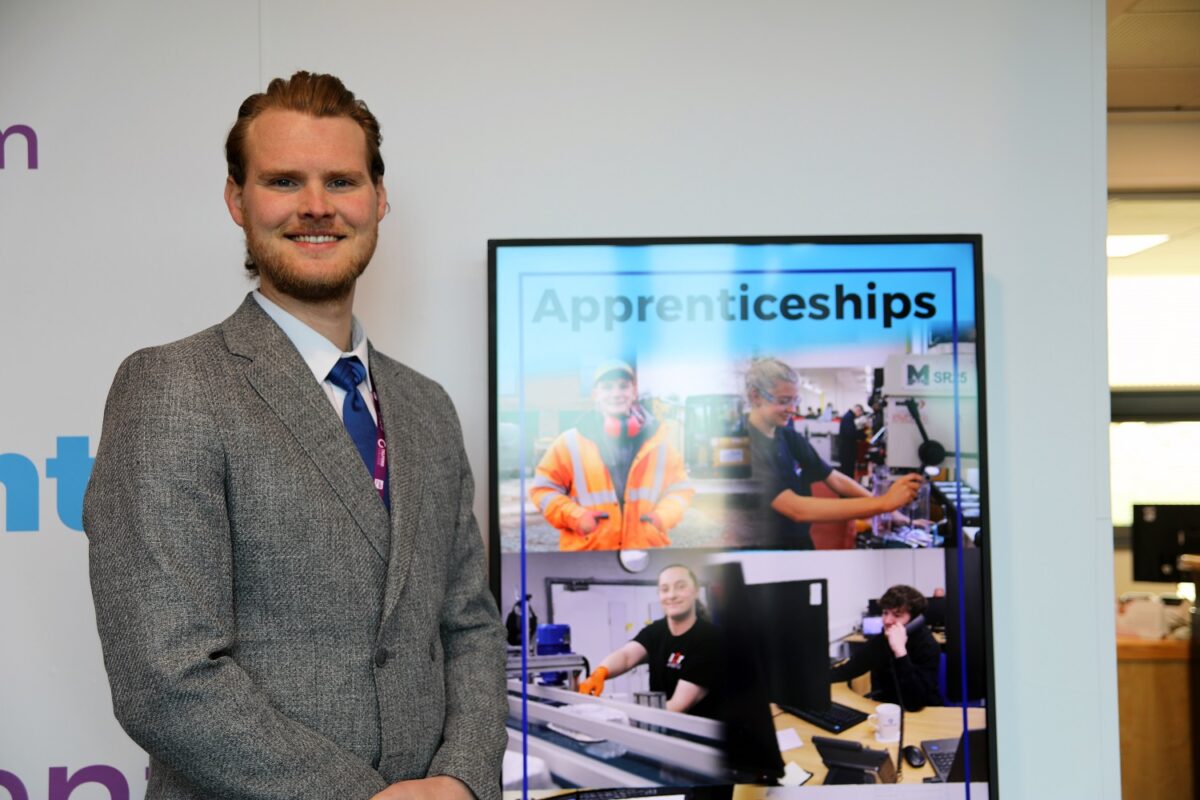The King’s Speech and the New Labour Government

The King’s speech introduces the Skills England Bill, aiming to unite businesses, unions, and government to enhance workforce training. The Federation of Awarding Bodies(@AwardingBodies) outlines key priorities for skills development and seeks collaboration with the new government.
The King’s speech proposes significant new bills that will have an impact across the whole economy.
In the area of skills and learning, the ‘Skills England Bill’ proposes wide ranging powers with the aim of bringing businesses, unions, mayoral authorities, and central government together to ensure we have a highly trained work force fit for the future. The creation of a new body, ‘Skills England’, aims to bring greater coherence to the skills and training sector to boost economic growth and, of equal importance, provide greater opportunity for individuals to acquire new skills and qualifications, and to upskill and retrain in a rapidly changing world.
In our FAB Manifesto, published before the election, we focused on the key issues and drivers that will help all our members in meeting the ambitious skills and aspirations of the new government:
- Ensure that a long-term, future-ready skills plan for the UK is developed in any machinery of government reforms.
- Protect the prospects and opportunities for learners by pausing and urgently reviewing the reform and defunding of Level 3 qualification provision in England, including where they are perceived to compete with the evolving T Level qualifications:
- Ensure that the interests of all learners and employers (including SMEs) are protected during any reform of the Apprenticeship Levy, and that apprenticeship opportunities continue to be open to a wide range of learners
- Retain independent end-point assessment for apprentices to demonstrate competence.
Trust Awarding Organisations and End Point Assessment Organisations to deliver high-quality qualifications and assessments. - Review the current regulatory burden and reinforce the five principles of good regulation: proportional, consistent, transparent, accountable, and targeted.
The Federation is reaching out to Bridget Phillipson and Jacqui Smith to establish a good and open relationship to ensure that the role played by our members in providing opportunities for learners across the UK is recognised by government.
We believe that the immediate areas of focus with the new government should cover the key issues of qualification funding at Level 3 and the provision of apprenticeships. Independent research shows that at least 155,000 learners in England will be adversely affected if existing high-quality qualifications are no longer in receipt of funding, – and this could be as many as 300,000.
We are calling for a pause in this reform and an urgent review of future provision to ensure that learner opportunity is not adversely affected. We and other sector organisations are united in this concern, and we will be taking forward urgently in our discussion with DfE and ministers.
Our members are also committed to the provision of apprenticeships across a wide range of learners and employers. We want to be closely involved in the consultation on the powers of the new Growth & Skills Levy to ensure this voice is heard, and to emphasise the importance of ensuring that any non- apprenticeship funding is only diverted to courses and qualifications that support opportunity and progression for learners.
In any reform of the end-point assessment process, we maintain that the importance of external independent assessment should be protected. This proof of competence is highly valued by employers and apprentices. We are currently working closely with DfE and other stakeholders on seeking improvements in the present system to speed up time in assessment and improve completion rates, and the core principle of independent assessment is at the centre of this work.
As the trade association for the Awarding and Assessment industry, we look forward to establishing a close and productive relationship with the new Government and working with them to ensure increasing opportunity for learners of all ages in the UK.
By John McNamara, Interim CEO, Federation of Awarding Bodies(FAB)











Responses